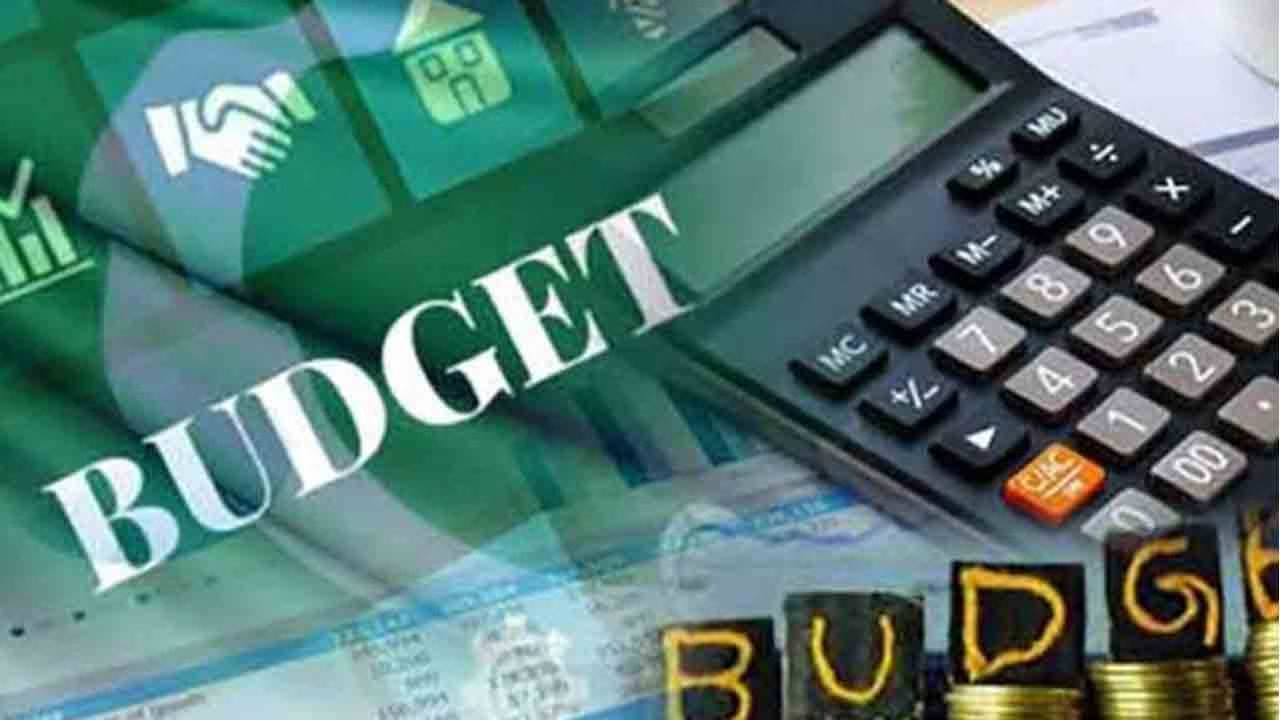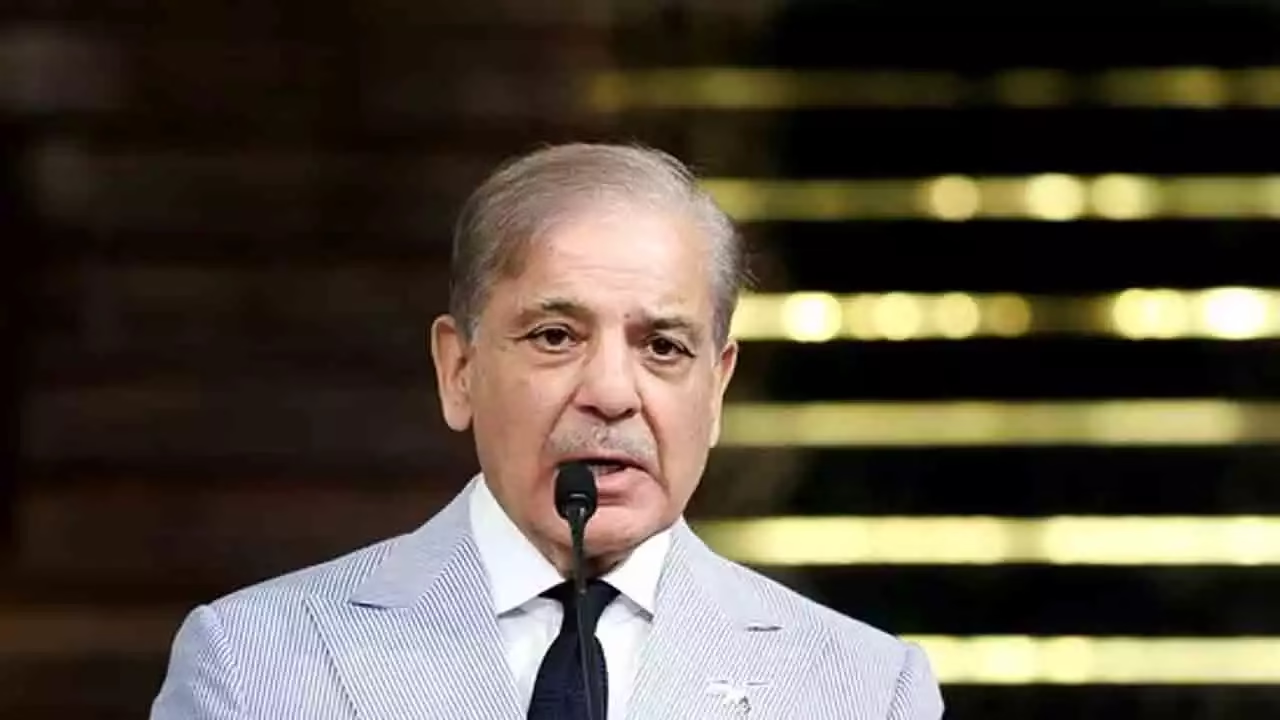As Pakistan gears up for Eid-ul-Adha celebrations, the government’s annual economic planning is facing potential scheduling disruptions. Initially, reports surfaced indicating that June 7 and 8 will be observed as public holidays for Eid, leading to complications around June 9, which falls on the third day of Eid. Under normal circumstances, this day would also be a holiday—but this year, it has been marked for the release of key economic documents, prompting confusion and speculation about last-minute changes.
According to official sources, the National Economic Council (NEC) meeting and the unveiling of the Economic Survey—both crucial pre-budget activities—were originally scheduled for June 9. However, since that date coincides with the third day of Eid, conducting official meetings and releasing national economic documents may not be feasible.
Budget Presentation Date Could Shift—but Maybe Not
While the clash between Eid holidays and the economic calendar has created uncertainty, Federal Secretary for Finance Imdadullah Bosal clarified that although the date for the NEC meeting may be adjusted, the annual budget for the new fiscal year will still be presented on June 10, as previously planned.
“There is a tradition of maintaining a two-day gap between the National Economic Council meeting and the budget presentation,” Bosal noted. This gap allows policymakers and relevant institutions time to incorporate NEC recommendations and align national priorities before the final budget is tabled in Parliament.
Given the overlapping timelines, sources within the Ministry of Finance suggest that the NEC meeting and Economic Survey release may now take place before Eid, or be pushed to immediately after the holiday break, depending on logistical feasibility and political consensus.
Importance of NEC and the Economic Survey
The National Economic Council plays a pivotal role in shaping Pakistan’s fiscal policy and developmental priorities. It includes top federal and provincial leadership and is chaired by the Prime Minister. The NEC reviews macroeconomic indicators, finalizes the Public Sector Development Program (PSDP), and provides overarching guidance on how financial resources should be allocated in the federal budget.
The Economic Survey of Pakistan, traditionally released a day before the budget, provides a comprehensive review of the country’s economic performance over the past year. It includes analysis of key sectors such as agriculture, industry, services, trade, inflation, employment, and public finance. Policymakers, investors, analysts, and international partners rely on this document to understand the country’s economic trajectory.
Given the importance of both the NEC meeting and the Economic Survey, rescheduling them is no small matter. Any delay could reduce the time available for public and parliamentary scrutiny of the budget.
IMF in the Loop as Budget Finalization Continues
Meanwhile, Pakistan is finalizing its federal budget in close coordination with the International Monetary Fund (IMF). The IMF has been actively involved in advising on fiscal consolidation, revenue generation, subsidy management, and public sector reforms.
The upcoming budget is particularly critical as Pakistan seeks a new IMF loan program to support macroeconomic stability. Hence, it is essential that the budget meets structural reform targets and fiscal discipline expectations set by the IMF.
Sources within the Ministry confirm that the budget draft is nearing completion, and high-level consultations between Pakistani officials and IMF representatives are ongoing. The government aims to strike a balance between austerity and growth stimulation, especially as the country continues to grapple with inflation, unemployment, and external debt.
In light of the changing Eid schedule and its overlap with crucial economic events, the government may have to act swiftly and communicate changes clearly to avoid confusion. Stakeholders—including parliamentarians, media, and economic experts—will be watching closely to see how the government navigates the overlap between religious observances and key national commitments.
What remains clear, however, is that the federal budget will be presented on June 10, come what may. The real question is whether the NEC meeting and Economic Survey release will be moved forward, postponed, or compressed into an unusually tight timeline—decisions that may be announced within the next few days.
As Eid celebrations approach and political and economic calendars collide, the balancing act between festivity and fiscal responsibility is becoming ever more delicate.



